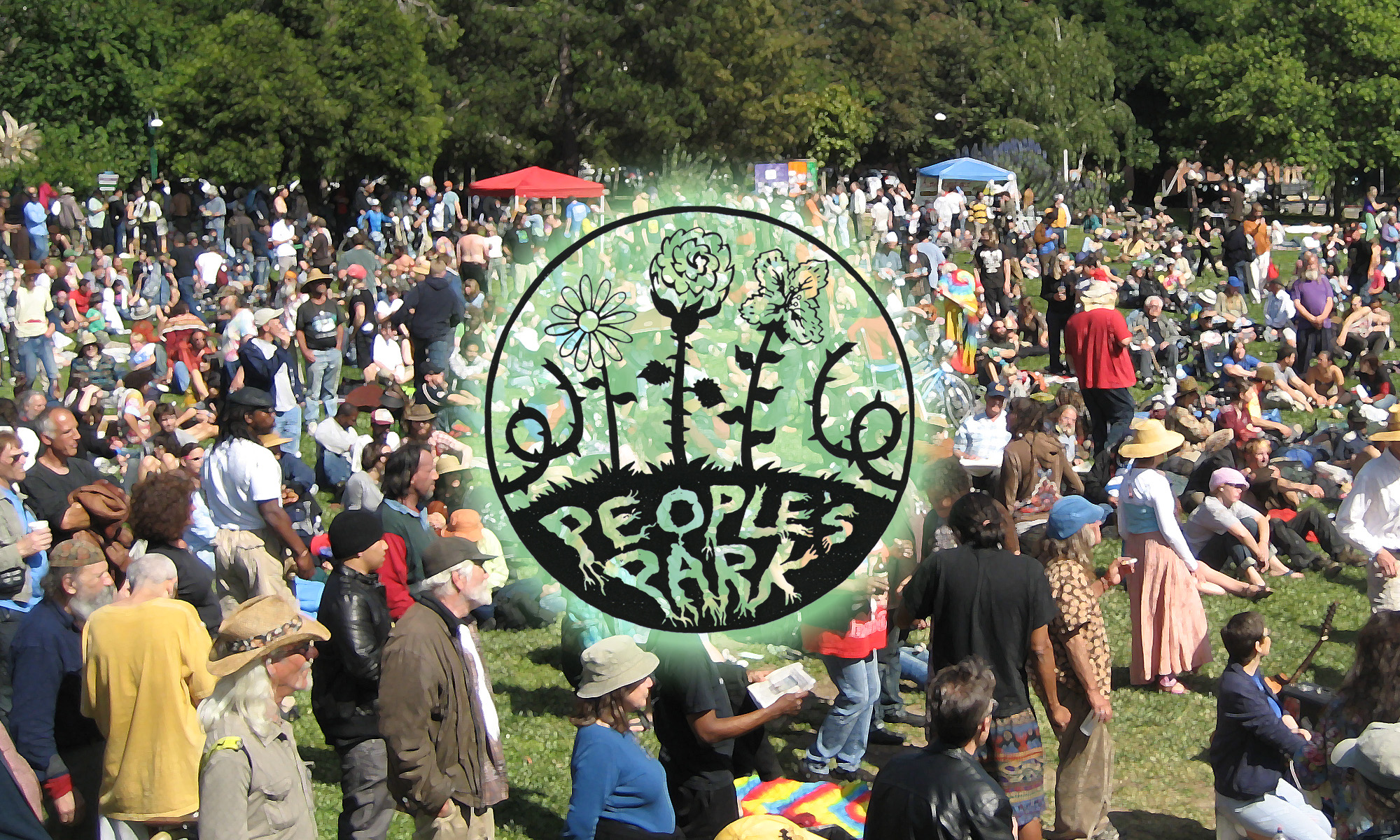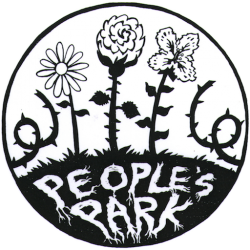For Immediate Release
Contact: Harvey Smith, peoplesparkhxdist@gmail.com, 510-684-0414
“What’s Going On?”
A Teach-In on People’s Park
7-9 p.m., Monday, February 26, 2024
Maud Fife Room – 315 Wheeler Hall, UCB
People’s Park is currently barricaded by stacked shipping containers topped with razor wire and guarded round-the-clock, following a midnight raid in early January by combined police forces from UC, CSU, Alameda County, San Francisco City and County and the California State Highway Patrol, organized by the UC Berkeley administration. Why? “The existing legal issues will inevitably be resolved, so we are taking this necessary step now to minimize the possibilities of conflict and confrontation, and of disruption for the public and our students, when we are cleared to resume construction,” said Chancellor Carol Christ (The Berkeleyan, January 16, 2024). Like others in the flood of official campus public relations communications with which students, faculty and staff have been inundated since the Chancellor’s 2017 announcement of plans to build student housing on the park, this response falls short of explaining why there is such fear of “conflict and confrontation” and such strong opposition to these plans, even from students whose interests the plans are supposed to serve.
For a broader range of perspectives on what was and is going on at People’s Park, Teach-Ins have been organized by UC Berkeley students (January 24) and by community groups (February 4). Please join us for the next one. There will be ample time for Q and A. Fiat Lux!
Presenters:
- Harvey Smith, organizer of the People’s Park Historic District Advocacy Group and project advisor for The Living New Deal, UC Berkeley Department of Geography
- Tom Dalzell, labor lawyer and author of The Battle for People’s Park, Berkeley 1969
- Tony Platt, author of The Scandal of Cal: Land Grabs, White Supremacy and Miseducation at UC Berkeley and affiliated scholar at Berkeley’s Center for the Study of Law and Society
- Steve Wasserman, publisher of Heyday Books and park activist since 1969
- Sylvia T, recent UC Berkeley graduate, independent archival researcher and People’s Park defender
- Sara Pech, Historic Preservation Club, a UC Berkeley student group
- Representatives from the Suitcase Clinic, a UC Berkeley student group
Moderator:
- Kristin Hanson, Professor of English, UC Berkeley
Please note that although masking is no longer required on campus it is much appreciated.

